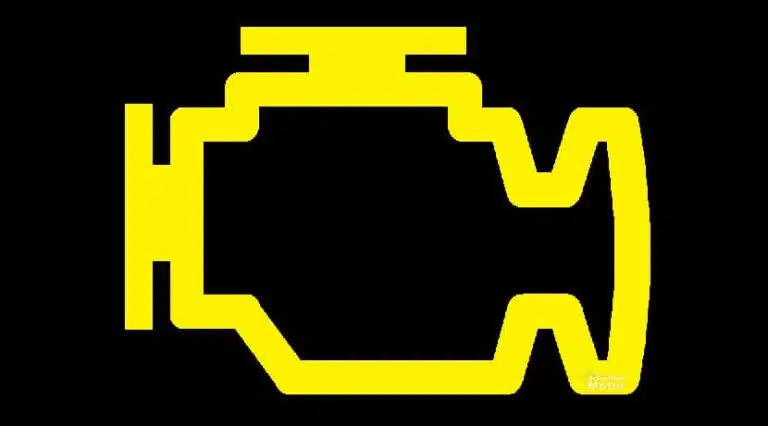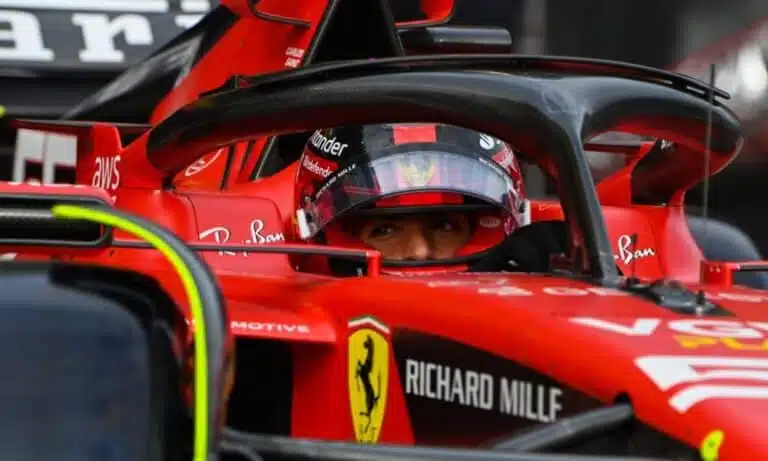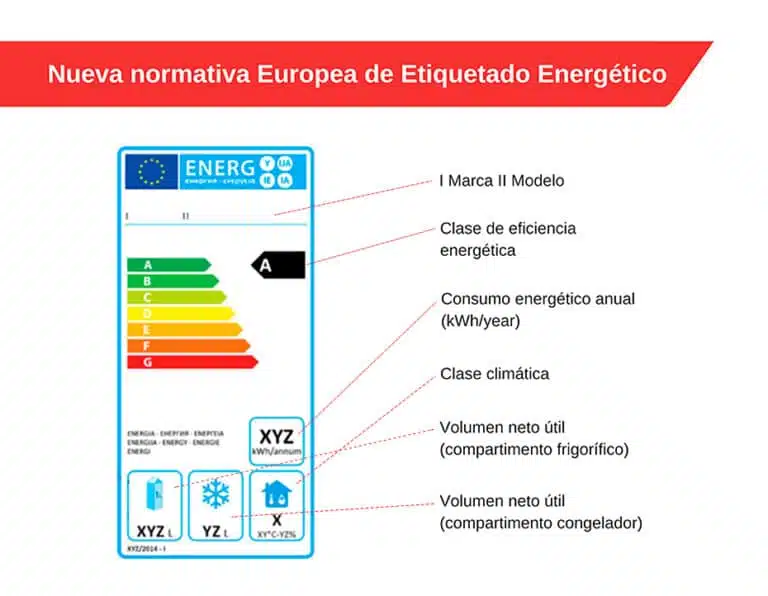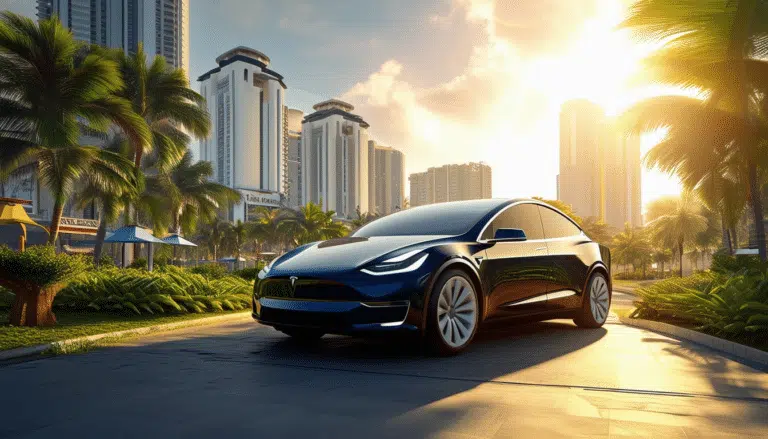Despedida de Clásicos: Models of Cars That Say Goodbye in 2024
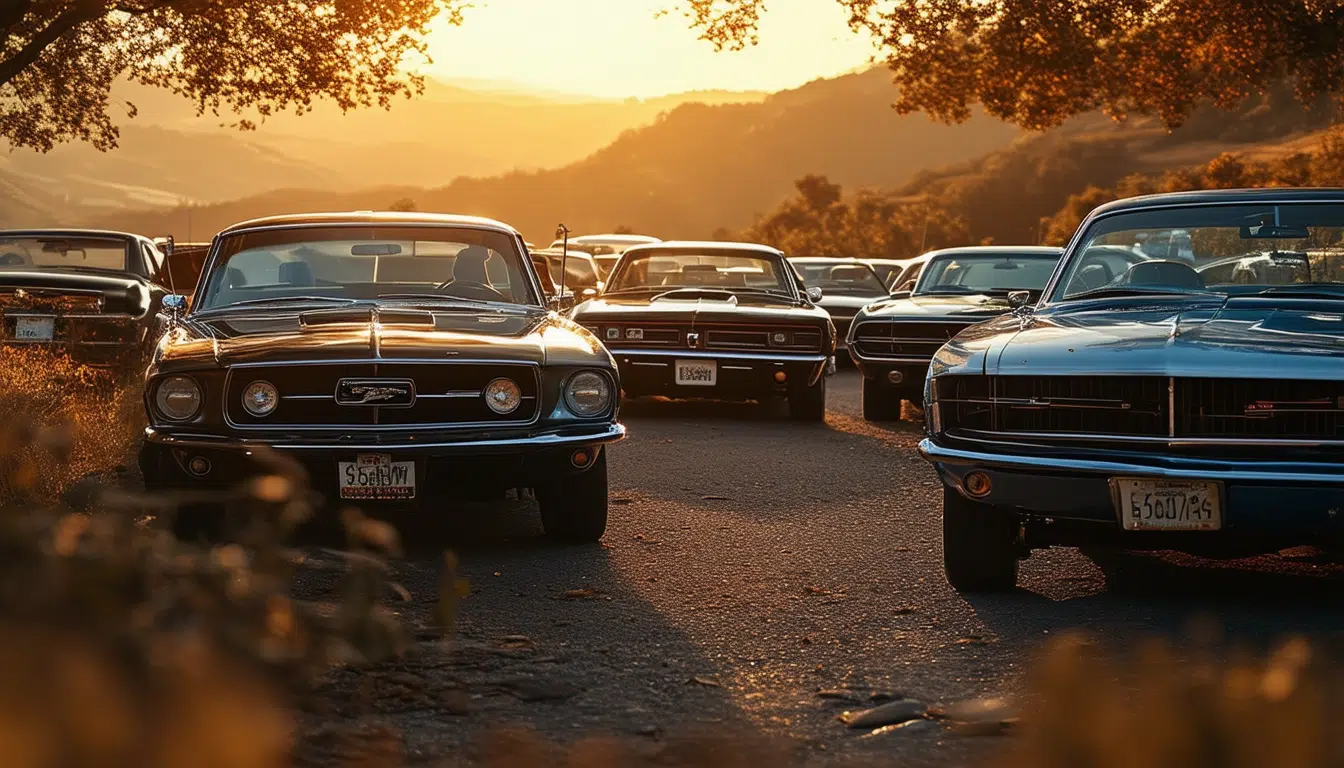
The year 2024 marks the end of an era for some of the most iconic car models that have shaped the history of the automotive industry. In a context where consumer preferences increasingly lean towards SUVs and crossovers, and electrification is redefining the landscape, several manufacturers have decided to say goodbye to some of their most iconic models. From the sporty Audi TT to the popular Ford Fiesta, these vehicles have left an indelible mark on the hearts of many motor enthusiasts.
The automotive world is undergoing a monumental shift in its iconic models as we move into 2024. With the growing demand for SUVs and the implementation of stricter environmental regulations, many manufacturers are choosing to focus their efforts on new electric developments, leaving behind some of the most emblematic vehicles of the past decade. This article explores the models that are saying goodbye, from the beloved Ford Fiesta to the sleek Jaguar F-Type, and the impact of these decisions on the industry.
Market Trends: The Rise of SUVs
Consumer trends have changed dramatically in recent years. The preference for SUVs and crossovers has grown significantly, reducing the demand for compacts that once dominated sales. In the Spanish market, more than half of the vehicles sold belong to the SUV category, leaving minivans with an almost nonexistent offer. However, some resilient models like the Citroën Berlingo, the Peugeot Rifter, or the Opel Combo continue to provide a modern and versatile option for families.
The Disappearance of Iconic Models
Ford Fiesta
The Ford Fiesta has had a special connection with Spain, being produced at the Almussafes plant in Valencia since 1976. This iconic model has been known for its agility and efficiency, but the growing demand for SUVs has led Ford to discontinue its production.
Audi TT
Introduced in 1995, the Audi TT revolutionized the compact sports car category with its futuristic design. However, with Audi’s transition to electric models, the TT has also reached its end, marking the path toward an electrified future for the brand.
Kia Stinger
The Kia Stinger, known for combining performance with luxury, failed to maintain its position in an increasingly electrified market, leading to its disappearance in 2024.
Jaguar F-Type
Inspired by the legendary E-Type, the Jaguar F-Type has been a benchmark of sportiness and luxury. However, Jaguar’s commitment to electrification has sealed its fate, marking a final chapter in the rich history of the brand.
Ford S-Max and Galaxy
Minivans like the Ford S-Max and Galaxy are disappearing in a market leaning towards SUVs. Their versatility is no longer enough to compete with current consumer preferences.
Renault Zoe
Although the Renault Zoe popularized electric mobility, it is being replaced by newer models that are even more promising, such as the electric Renault 5.
Audi R8
The Audi R8, a legendary supercar, is also saying goodbye to the market due to environmental regulations and the brand’s shift towards electrification.
Other Classics Disappearing
This list also includes American icons like the Chevrolet Camaro, Chrysler 300, and models from Dodge such as the Challenger and Charger. The combination of strict emission regulations and the growing interest in greener vehicles is redefining manufacturers’ priorities, leaving very few resources for sports cars and large displacement engines.
Innovations and the Future of the Industry
The future of the automotive industry is uncertain as electrification advances and CO2-neutral fuels such as biofuels and hydrogen are being explored. However, it is clear that the history and technology behind engines like the V8 will continue to influence the design of more efficient vehicles. Cars like the Peugeot 2008 from 2025 could mark a new era of innovative design and commitment to the environment.
Final Reflection: The Closure of an Automotive Era
The year 2024 marks the end of an era for several iconic models that, for decades, have been the soul of the roads and the dreams of many drivers. As we watch these classics cease production, it is inevitable to feel a mix of sadness and nostalgia. Brands like Ford, Audi, Kia, and Jaguar have made crucial strategic decisions to adapt to market changes and environmental demands, sacrificing some of their most beloved creations.
In the current landscape, the rise of SUVs and electric vehicles is reshaping the automotive industry. Models that were once regarded as benchmarks are now victims of a rapid evolution towards sustainability and efficiency. The disappearance of these vehicles not only signifies the end of their production but also the end of a design philosophy and a particular emotion that cannot always be replicated in new formats.
The Ford Fiesta, the Audi TT, and the Jaguar F-Type, among others, say goodbye as testaments to an era that celebrated internal combustion and the car as a symbol of freedom and personality. These models, many of which were part of significant moments in our lives, leave a legacy of innovation and design that, although their physical presence may vanish, will continue to inspire future generations of automobiles.
Finally, the transition towards environmentally friendly vehicles is inevitable and necessary. However, the farewell to these iconic cars reminds us that character, design, and history are aspects that must be preserved. As car enthusiasts, we hold on to the hope that the spirit of these classics endures in the evolution towards a cleaner and more sustainable future, where vehicles not only carry bodies but also emotions and stories.

